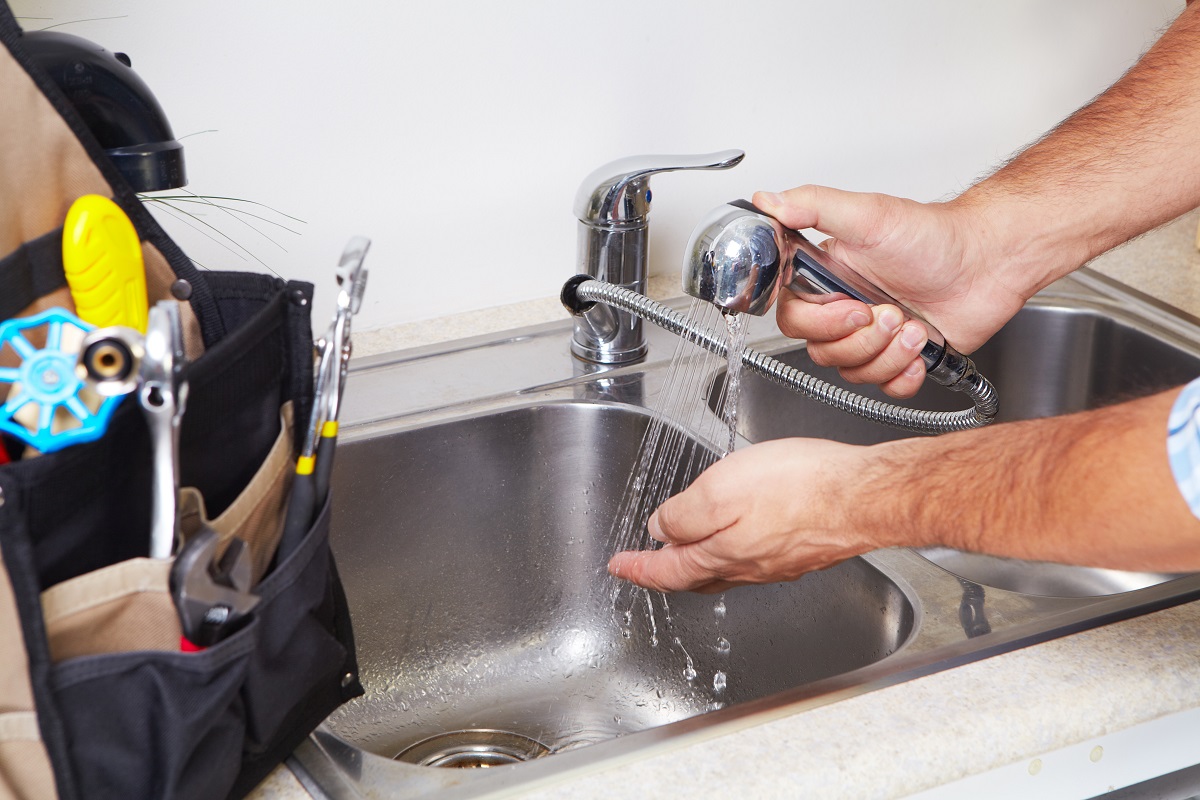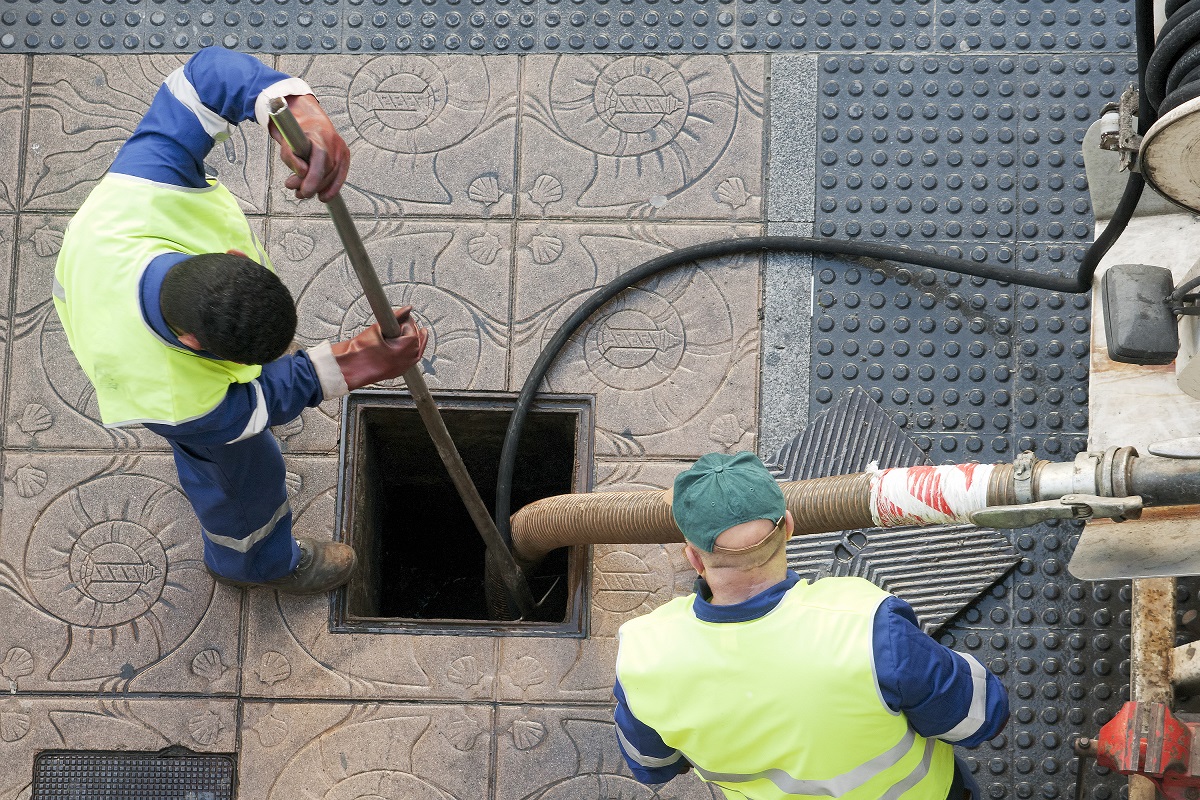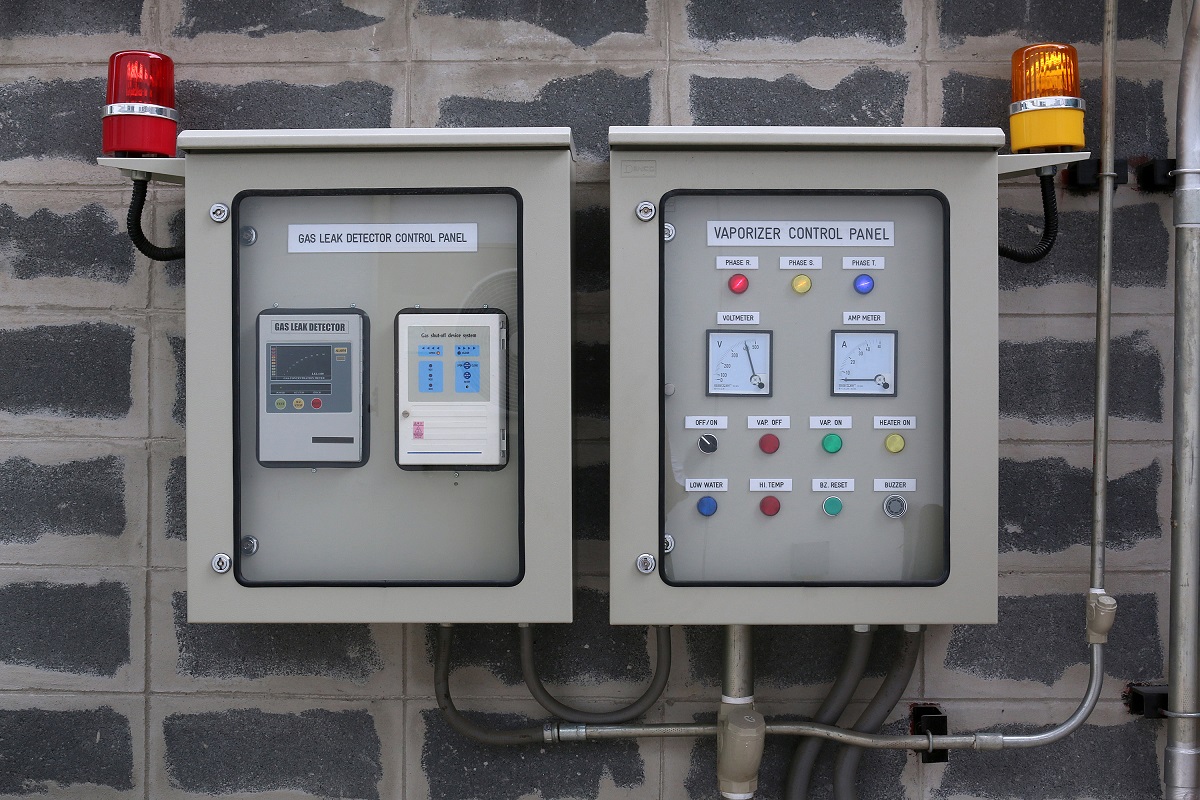Are you dealing with a foul odor in your house that smells like rotten eggs? Don’t ignore it; it can lead to health risks and more serious problems. In this article, we’ll help you find and fix the issue causing this unpleasant smell.
What Could Be Causing the Rotten Egg Smell in Your House?
Wondering, “Why does my house smell like rotten eggs?” If your house smells like rotten eggs, this could point to a gas leak from gas or propane appliances. Potential sources of the smell could be issues with the gas line in your stove, furnace, or water heater.
Gas companies add a substance called mercaptan to gas to make it detectable. So, if you suspect a gas leak, leave your home immediately and call your utility company or fire department.
What To Do If You Suspect a Gas Leak
In the event of a gas leak, immediately evacuate your home, leaving doors and windows open, and call your gas company or fire department for assistance. It is crucial to seek professional help to address the gas leak and ensure the safety of your home and family.
Signs of a Gas Leak and Evacuation Procedures
If you notice a rotten egg smell in your house, but there is no gas leak, there could be other potential causes. One possibility is a dry drainpipe trap, which can allow sewer gas to seep into your home. To fix this, simply turn on the faucet to fill the trap and block the sewer gases.
Another cause could be hydrogen sulfide gas in your well water. In this case, you may need to treat the well with hypochlorite or install activated carbon filters for your drinking water.
Contacting the Gas Company and Seeking Professional Help
It is crucial to take immediate action if you detect a rotten egg smell, as it could indicate a gas leak from your gas or propane appliances. Leave your home immediately and call your utility company or fire department for assistance.
Note: Do not attempt to fix the issue on your own, as gas leaks can be extremely dangerous.
Fixing Sewer and Drain Issues To Eliminate the Smell
If you’re dealing with a rotten egg smell in your house, there are DIY solutions you can try before calling a plumber.
DIY Solutions and When To Call a Plumber

To address the rotten egg smell in your house, start by flushing the plumbing system with chlorine bleach. First, turn off the water supply to your house. Then, open all the faucets and flush the toilets to drain any remaining water in the plumbing system.
Next, mix a solution of chlorine bleach and water in a bucket. Use about half a cup of bleach for every gallon of water. Pour the bleach solution into each drain, starting with the highest point in your house and working your way down.
Let the bleach sit in the drains for about 30 minutes to an hour. If this doesn’t work, then contact your local plumber ASAP.
Dealing With Water Contamination and Sulfur Smells
Are you dealing with a sulfur smell in house parts such as your water supply? Let’s see what the causes and treatments are.
Causes of Sulfur in Water Supply
One possible cause of sulfur in your water supply is hydrogen sulfide buildup in well water. When hydrogen sulfide gas is present in your well water, it can create a strong rotten egg smell.
To confirm if this is the cause, shut off the water for about six hours and then fill a sink with cold water. If you still detect the distinct sulfur scent, hydrogen sulfide is likely present.
Water Treatment Options and Filtration Systems
If you have sulfur in your water supply, you can address the issue by installing a carbon filter or a reverse osmosis unit for your drinking faucets. These water treatment options are effective in removing sulfur and improving the taste and odor of your water. Moreover, they’re easy to install, convenient, and very cost-effective.
Preventive Measures To Avoid Future Odor Incidents
To prevent future odor incidents, it’s important to take certain preventive measures. For one, regular maintenance for gas lines, sewers, and drains is crucial in ensuring their proper functioning.
Additionally, water quality testing and proper plumbing care are essential to identify and address any water contamination issues. Lastly, installing carbon monoxide detectors and gas alarms can provide an extra layer of protection.
Regular Maintenance for Gas Lines, Sewers, and Drains

Regular maintenance for gas lines, sewers, and drains is crucial to ensure the safety and functionality of our homes. Gas lines should be inspected annually by a licensed professional to detect any leaks or potential hazards.
Similarly, sewers and drains should be regularly cleaned and inspected to avoid blockages and backups. Clogged drains and sewer lines can cause extensive damage to our homes, leading to costly repairs and health hazards.
Of course, maintenance is not the only thing. Family members need to be educated on safety protocols so they can communicate the potential dangers associated with gas lines, sewers, and drains.
Hold regular family meetings to discuss safety procedures, emergency protocols, and the importance of reporting any issues promptly. Also, teach them about the signs of gas leaks and instruct them to evacuate the premises immediately if such signs are detected.
Water Quality Testing and Proper Plumbing Care
Make sure you regularly test the water quality and take proper care of your plumbing. Conduct a sink test to check for a distinct sulfur odor and use a water-testing kit to confirm the presence of hydrogen sulfide.
In addition to water quality testing, proper plumbing care is crucial. Regularly clean and disinfect the drains to prevent buildup and foul odors. Flushing the plumbing system with chlorine bleach and regularly inspecting gas lines and appliances can also help maintain a fresh and odor-free environment in your home.
Installing Carbon Monoxide Detectors and Gas Alarms

Install carbon monoxide detectors and gas alarms in your home to ensure the safety of you and your family. These devices are crucial for detecting the presence of harmful gases and alerting you to potential dangers.
What Are Some Natural Remedies and Odor Absorbers You Can Try?
You can try using activated charcoal or baking soda to absorb the rotten egg smell in your house. Activated charcoal is highly porous and can effectively absorb odors.
Baking soda is another great option for odor absorption. Sprinkle baking soda on carpets, upholstery, and other surfaces affected by the smell. Let it sit for a few hours or overnight, then vacuum it up.
You can also mix baking soda with water to create a paste and apply it to surfaces like walls or floors. Scrub gently, then rinse with water.
When To Seek Professional Help for Persistent Smells
If you are experiencing persistent smells that cannot be explained or seem to be getting worse, it is important to seek professional help. This is extremely emphasized when the smells are accompanied by other symptoms such as dizziness, headaches, or difficulty breathing. A call to your local plumber should help you fix the issue at hand.
Conclusion
If you’ve been dealing with a rotten egg smell in your house, it’s important to take action. Don’t ignore the smell, as it could be a sign of a serious issue, such as a gas leak or sewer problem.
Take preventive measures to avoid future odor incidents, such as regularly cleaning your drains and installing activated carbon filters. If the smell persists or intensifies, don’t hesitate to seek professional help. Remember, it’s better to be safe than sorry when it comes to your health and the safety of your home.
FAQ
What should I do if I smell rotten eggs in my house?
If you smell rotten eggs in your house, it might be a gas leak. Act immediately, avoid sparks, open flames, or switches, open the doors and windows, and don’t touch any switches. Of course, you should immediately call for help.
Should I be worried about rotten egg smell?
Yes, a rotten egg smell could indicate a gas leak. It’s crucial to take it seriously and follow safety steps immediately.
Is it safe to smell rotten eggs?
Definitely not. Smelling rotten eggs could mean a gas leak, which is unsafe. Take it seriously and act cautiously.
What are signs of rotten egg smell?
Signs of a rotten egg smell in house areas include a strong, pungent odor similar to sulfur or sewage, which may indicate the presence of hydrogen sulfide gas. Other signs may include nausea, headache, or dizziness, which could indicate exposure to high levels of gas.
How do you get rid of gas that smells like rotten eggs?
To get rid of a gas that smells like rotten eggs in your house, it’s important to locate and fix the source of the gas leak immediately. Open windows and doors to ventilate the area, avoid lighting any flames or using electrical appliances and call a professional gas service provider for assistance.


